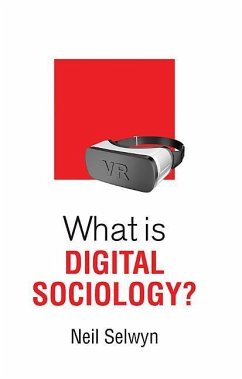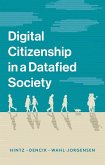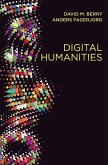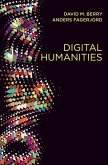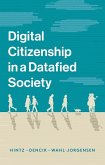The rise of digital technology is transforming the world in which we live. Our digitalized societies demand new ways of thinking about the social, and this short book introduces readers to an approach that can deliver this: digital sociology.
Neil Selwyn examines the concepts, tools and practices that sociologists are developing to analyze the intersections of the social and the digital. Blending theory and empirical examples, the five chapters highlight areas of inquiry where digital approaches are taking hold and shaping the discipline of sociology today. The book explores key topics such as digital race and digital labor, as well as the fast-changing nature of digital research methods and diversifying forms of digital scholarship.
Designed for use in advanced undergraduate and graduate courses, this timely introduction will be an invaluable resource for all sociologists seeking to focus their craft and thinking toward the social complexities of the digital age.
Hinweis: Dieser Artikel kann nur an eine deutsche Lieferadresse ausgeliefert werden.
Neil Selwyn examines the concepts, tools and practices that sociologists are developing to analyze the intersections of the social and the digital. Blending theory and empirical examples, the five chapters highlight areas of inquiry where digital approaches are taking hold and shaping the discipline of sociology today. The book explores key topics such as digital race and digital labor, as well as the fast-changing nature of digital research methods and diversifying forms of digital scholarship.
Designed for use in advanced undergraduate and graduate courses, this timely introduction will be an invaluable resource for all sociologists seeking to focus their craft and thinking toward the social complexities of the digital age.
Hinweis: Dieser Artikel kann nur an eine deutsche Lieferadresse ausgeliefert werden.

